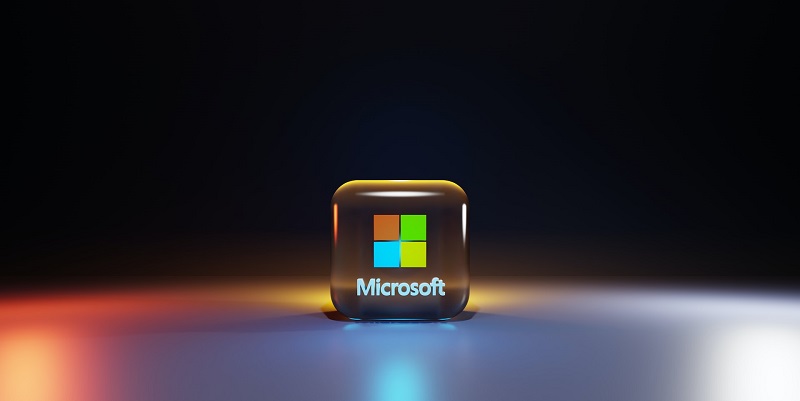Microsoft, a global tech giant, recently faced several security missteps that allowed a China-based threat actor to forge authentication tokens and gain access to user email accounts of approximately 25 Microsoft enterprise customers earlier this year. What makes these attacks particularly noteworthy is the involvement of a Microsoft account (MSA) consumer signing key that the threat actor used to forge Azure AD tokens, granting unauthorized access to enterprise email accounts. In this article, we explore the discovery of these attacks, the underlying causes, and the steps Microsoft has taken to address the issue.
Discovery of the Attacks
Microsoft became aware of the China-based threat actor’s latest campaign in May 2021 when a customer reported suspicious activity within their Exchange Server account. Promptly launching an investigation, Microsoft uncovered unauthorized access by the threat group to the client’s Exchange Online data via Outlook Web Access. This discovery prompted an in-depth examination to uncover the origin and extent of the security breach.
Cause of the security breach
The security breach stemmed from a race condition that resulted in the presence of the signing key in a crash dump. Although Microsoft had implemented controls to safeguard the signing keys, these measures were insufficient when a consumer key-signing system in the production environment experienced a crash in April 2021. As a result, the signing key was inadvertently included in either the crash dump or a snapshot of the crashed system.
Compounding the issue, the threat actors successfully compromised a Microsoft engineer’s corporate account, exploiting its access to the debugging environment and stealing data, including the crucial encryption key. This breach provided them with the necessary ammunition to exploit the forged Azure AD tokens and gain unauthorized access to enterprise email accounts.
Exploitation of Consumer Key
The use of a consumer key allowed the threat actor to forge Azure AD tokens with alarming efficiency. Microsoft established a common key metadata publishing endpoint in September 2018, which inadvertently facilitated the exploitation. However, due to ambiguous documentation, library updates, APIs, and other factors, the key scope validation did not function as intended. This oversight played a significant role in the threat actor’s ability to infiltrate the system and compromise the security of Microsoft enterprise customers.
Microsoft’s Response and Mitigation
Recognizing the critical nature of the security breach, Microsoft swiftly took action to address the vulnerabilities and protect its customers. First and foremost, the company eliminated the race condition that allowed the inclusion of key data in crash dumps. By resolving this issue, Microsoft successfully removed the potential for unauthorized access stemming from crash dumps or snapshots of crashed systems.
Furthermore, Microsoft has significantly enhanced its mechanisms for detecting the presence of signing keys in places where they should not be. Through substantial improvements in key detection technology, the company aims to prevent similar security breaches in the future and maintain the integrity of its authentication processes.
The security missteps made by Microsoft provided a China-based threat actor with unauthorized access to user email accounts within 25 enterprise customers. By exploiting a consumer signing key and forging Azure AD tokens, the threat actor circumvented security measures and gained entry into these accounts. Microsoft’s swift response included addressing the root causes of the breach, eliminating the risk of key data inclusion in crash dumps, and implementing improved mechanisms for detecting anomalous key presence. As technology evolves and threat actors become increasingly sophisticated, it is imperative for tech giants like Microsoft to continuously enhance their security measures to protect user data and maintain customer trust.

